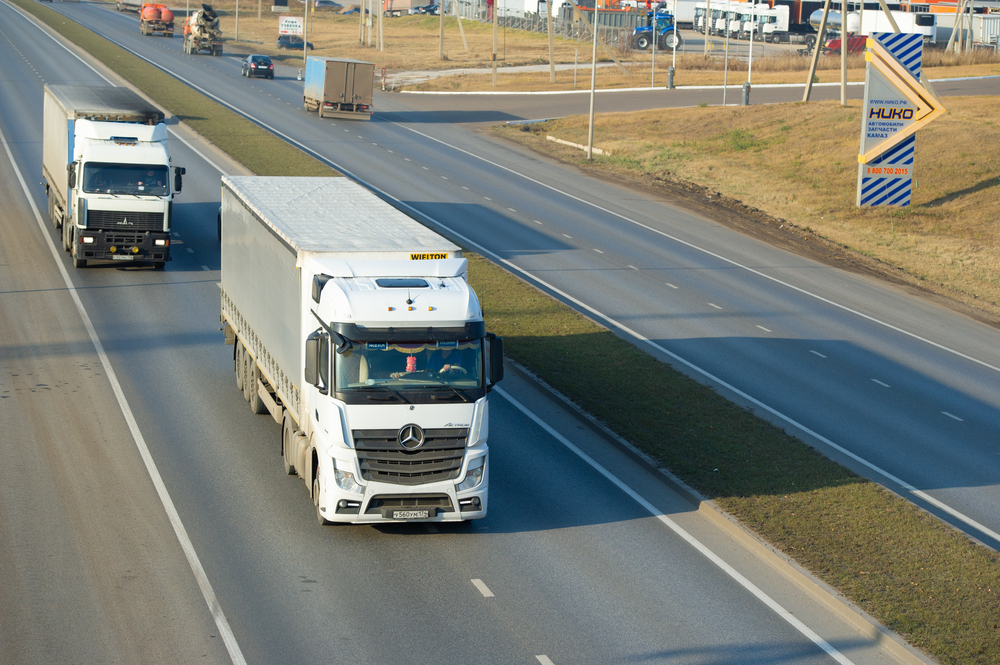3 Differences Between FTL & LTL Freight Shipping
The basic difference between full truckload (FTL) shipping and less-than-truckload (LTL) shipments is right there in the name. But when it comes to choosing between LTL and FTL shipping methods, the difference in the names doesn’t really help you make a decision.
To start at the beginning, before explaining the larger differences, full truckload shipments are those that fill an entire trailer or more. Less-than-truckload shipments are smaller shipments that are combined with other shipments on a trailer.
The fact that FTL freight can be shipped with only a single destination, versus LTL freight shipments being on trailers that have multiple destinations, is at the root of all the other differences between the two types of shipments.
The Differences Between LTL & FTL Shipments
- Shipping Costs – Freight carriers that offer LTL shipping must improve their efficiency by filling as much space as possible in their trailers. The result is that your LTL freight rates can be more cost-effective versus using full trucks for smaller shipments.
- Delivery Times – Full truckload shipping means your freight can go directly to its destination. An LTL shipment may have many stops before reaching its destination. With direct transit, FTL delivery times can be more exact. And if your shipment is time-sensitive, you may have no option but to choose FTL, regardless of the size of your shipment.
- Freight Handling – FTL freight is loaded and sealed at the point of origin and is generally not opened until it reaches its destination. After being loaded at the point of origin, LTL freight may be unloaded and reloaded a number of times before it reaches its destination. The added handling means the risk of damage to your freight is higher for LTL shipments than for FTL shipments.
If your shipments are not consistently predictable in size, sometimes requiring LTL shipping and FTL shipping at other times, having a reliable third-party logistics partner can help you minimize your shipping costs, while improving your delivery record and customer satisfaction.
To find out about more benefits of a good 3PL partner, check out our article “4 Benefits of Hiring a Third Party Logistics Company”.
Stay Up-To-Date
There's always something new from PiVAL



Comments are closed.